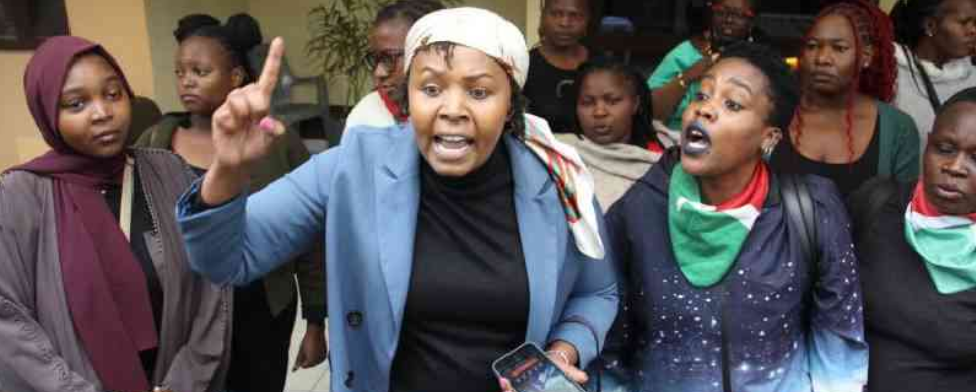Our actions will extend curfew or make total lockdown a must
- Irungu Houghton

- Mar 28, 2020
- 3 min read

Good morning all. If you are reading this, I guess you made it through the first night of curfew. The prospects of extending the curfew to a total lockdown has left the country divided. Here is why and what we can do to make the curfew work for us all.
Let’s go back to that seafood market in Wuhan, a city of 11 million people. Epidemiologists estimate each affected person probably affected 2-3 people. The Government snoozed or suppressed independent and critical voices for a couple months. The virus survived and joined seven million people in their Lunar New Year annual upcountry migration in January. A further 15,000 and 900 people travelled to places like Bangkok and New York each month before lockdowns and air travel bans were effected. By this month, the virus had made its global entry.
At least 41 countries and three billion people or fifty per cent of the world have now effected some form of restriction on movement and assembly. A third of them are in India. This week India announced a 21-day lockdown, one of the longest lockdowns in the world. More autocratic Governments are relying on public intimidation threats, mass jailing and mass surveillance technology. This week, Ecudorian Mayor Viteri physically blocked a Dutch airliner from landing to evacuate Dutch nationals. Ironically, hours later, she announced that she had tested positive for Covid-19.
More democratic Governments have invested in public education, social impact measures for the very vulnerable and appeals to civic responsibility, vigilance and solidarity. Announcing the first nation-wide curfew since apartheid, South Africa President Cyril Ramaphosa explicitly told the security services to respect human rights, save lives but not take them.
There has only been one curfew in the history of independent Kenya. The violence and mayhem we saw during the 1982 coup attempt are still very alive for a very small number of Kenyans. For the rest, your class probably informs your behaviour at this moment. Bolstered by their ability to work from home, regular water, private security, enough supplies to stock a kiosk and enough Wi-Fi and smart devices for a cyber-café, most of the upper and middle class have led the call for a total lockdown. For the remaining ninety per cent of the population denied paid leave, water, sanitation, health and the right to lawful policing services, this moment comes with high anxiety and risk.
So far, Presidential and Ministerial measures have fallen short of completely reassuring Kenyans that there is a plan for ensuring the right to water, food and income for 47 per cent of the people living in poverty. The announcement by Council of Governors that Kenya Power will subsidise electricity, Nairobi Water will provide free water to urban informal settlements and not disconnect water for the next 90 days was bold. The National Police Inspector General’s guidelines that all station commanders must immediately release all petty offenders on bail or bond to decongest cells is timely.
Given our national context, the list of essential and critical services gazetted on Thursday neglected key resources. Efficiently fighting this pandemic needs independent and specialised eyes and ears. Locking out police oversight bodies, human rights organisations, anti-corruption bodies and humanitarian organisations does not help us now. Predictably, gender-based violence, child defilement, stigma and mob vigilantism may spike over this period.
The Government has managed the pandemic well so far. However, as we saw with the breakdowns with mandatory quarantining of returning Kenyans, it is easy for public goodwill to spiral into high levels of mistrust, isolate and direct public anger at the state response rather than the pandemic
Open communications and action-based dialogues at national, county and local levels that rallies the country will be more powerful than mass restrictions, surveillance and top down enforcement. Policy-makers must understand the public and civic organisations are not hostile or in resistance mode. The public must also understand that not voluntarily following the necessary procedures further jeopardises our civil liberties. Learning from Wuhan, staying put and not exporting the virus across our 47 counties is critical now.
This week saw our first death but also the recovery of our first patient. Our actions this week will determine which of these two cases we shall follow as a country. We are in this together and must work together.
This opinion was also published on Saturday Standard, 28 March 2020




Comments